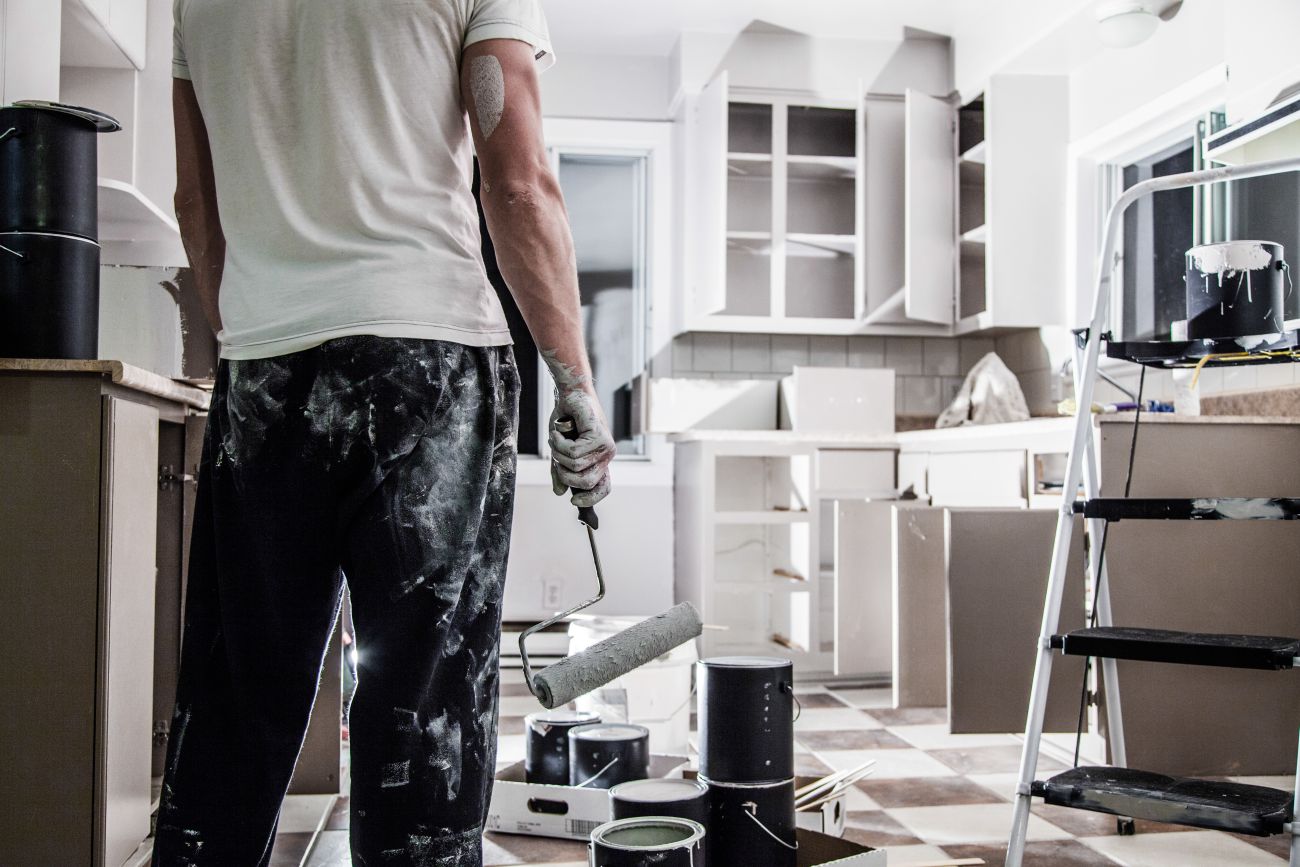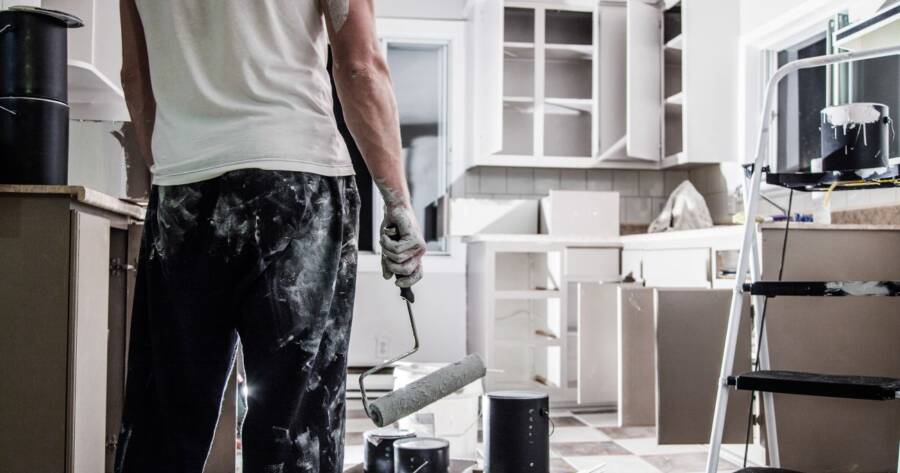Kitchen remodeling is one of the most popular home renovation projects. It’s common knowledge in the real estate industry that you gain more equity updating this space than on any other single project you can do in your home.
In fact, most homeowners earn 75 percent or more of their investment back in an increase in home equity. Still, it matters how you approach a kitchen remodel, and 66 percent of people find that using a professional contractor saves them both time and money and is well worth the cost. No matter what direction you go with your kitchen remodel, you need to work smart to get the most for your money, and there are things you should know before embarking on this challenging but rewarding project.
Questions to Ask Yourself
People remodel for many different reasons, and you should know what you want before dumping money into something without understanding your needs. Before you decide to take on a remodeling job as large as your kitchen, you should first look at your space and determine what aspects aren’t working for you.
- Is there a lack of space? Do you need to expand your kitchen?
- Does the room have a poor layout? Can you move things around to be more accommodating?
- Is the design outdated? Is a gut job needed, or can you salvage and refinish key components?
- What is your lifestyle? Do you entertain and have different needs than the room was designed for?
- What is your budget? How much work can you afford to do, and where can your budget have the most impact?
Once you have answered these questions, you can make a smart plan and execute it with the assurance that you are creating something that is exactly what you want and need. When you move into the construction phase, practical factors should be considered to make sure that your project goes off without a hitch.
Finding a Good Contractor
The single most important thing you can do when remodeling any area of your home is to find a good contractor. While contractors may seem like they’re a dime a dozen, the truth is that it’s hard to find a qualified professional that you can trust. If you’re completely green to home improvement projects, it may be tempting just to take the least expensive bid, but that would be a mistake. Rarely will the best contractor offer the cheapest pricing, and they will often leave you with thousands of dollars in unexpected and undisclosed costs.
The best way to find a good contractor is through a referral from someone who has used the professional in the past. Ask friends that have recently had work done to recommend someone who works with integrity. Sit down with each company with the entire scope of your work and ask a lot of questions about what they offer and what you can expect for that cost. If two choices seem to be about equal after doing your homework, go with the contractor that is more friendly, personable, and seems easiest to work with. After all, you will be spending many months dealing with your team, and it’s best that you not only trust them but also like them. Finally, always double check to ensure that your top choice has liability insurance coverage. This protection is not only the law in most jurisdictions, but it will cover both your interests should there be an issue along the way.
Properly Budgeting
Your budget can be either the boon or the bane of your kitchen remodel. Never go into such a large job without developing a smart financial plan, or you will likely end up significantly in the hole. While you can accomplish a modest remodel with as little as $15,000, extensive designs can cost $40,000 or more, and that is a huge difference in price. There are a few things you can do to ensure that your budget stays in check.
- Estimate your plan accurately: You should price every item on your blueprint and know what you expect to spend on even small things like door pulls and faucets.
- Hire the most competitive contractor that still offers quality work: Make sure that your expectations are clear as to what is included in this price.
- Avoid changes as the work progresses: If you ask for anything above and beyond your signed contract, your project manager will add that to the bid, and your final cost will be higher.
- Build in a contingency amount of about 20 percent into your overall budget: Expect the unexpected, and don’t be caught flat-footed without the funds to accommodate adjustments.
What’s Worth the Money
Determining where to invest the majority of your budget isn’t always black and white. In fact, everyone has different needs, so it’s important to know your top priorities. Still, there are things that most homeowners find well worth the cost and that you should upgrade if you have the funds and opportunity.
- Infrastructure: No amount of cosmetic fixes can hide the fact that you have bad bones in your room. Any money you put into upgrading framing, plumbing, and electrical will pay off in spades in functionality.
- Granite countertops: These are extremely durable and easy to care for, making them well worth the upfront investment. While Formica usually shows significant wear after five years, granite is often going strong after 15 to 25 years.
- Full-length cabinets: There’s no need to leave dead space that’s hard to maintain when you can gain extra storage by running your cabinetry to the ceiling.
What Isn’t Worth the Money
Not every potential upgrade will be worth the money it takes to make it happen. If funds are tight, there are some things that you can skip without really missing them.
- High-end appliances: A refrigerator that tracks your grocery list might turn your head, but it’s not worth the exorbitant cost. Mid-range appliances from a trusted brand will get the job done just as well and be kinder on your budget.
- Statement lighting: This is another item that looks pretty, but will probably end up being less functional than you expect. You’ll likely be much happier with more lighting than with one expensive fixture, so spread that investment around your room with things like can lights and under cabinet lighting.
- Marble countertops: This option might give your room a high-end feel, but it’s challenging and tedious to care for and won’t hold up to the rigors of everyday use and careless family members. Save yourself the hassle and go with more low-maintenance options.
The kitchen is the most used room in your home, and it should be both beautiful and functional for your family. By understanding the remodeling process and watching for the most common pitfalls, you can walk away from your home renovation project with the perfect space for your needs without blowing your budget.
 Benoit Daoust / Shutterstock.com
Benoit Daoust / Shutterstock.com


